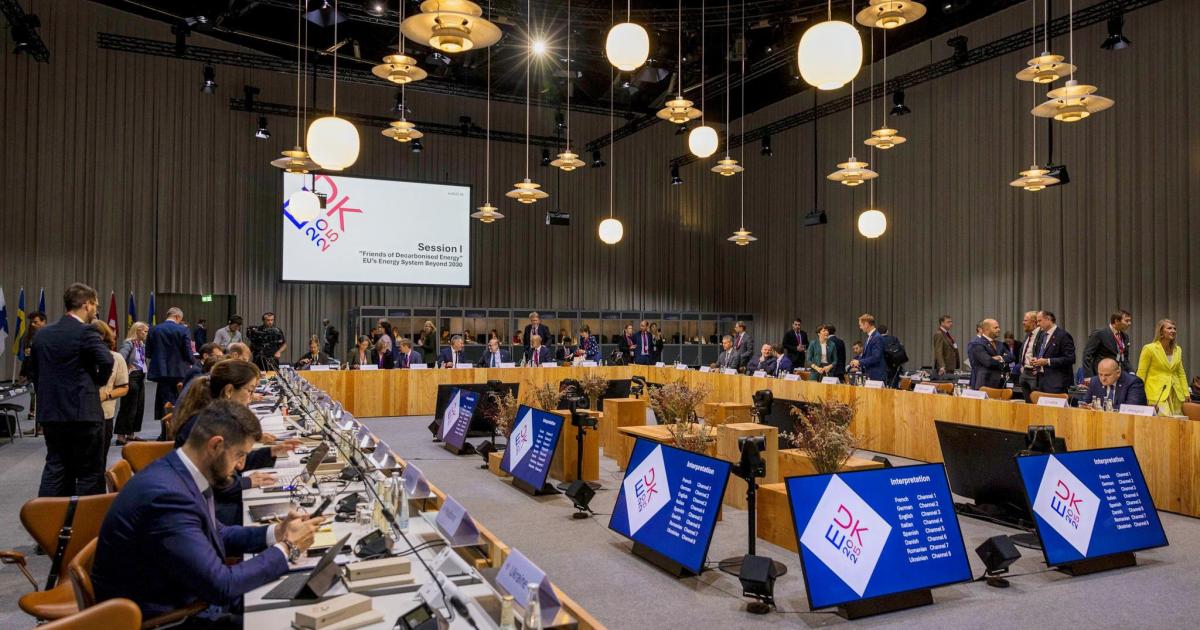The Energy Union Task Force (EUTF) has achieved another important milestone today, by providing a forum for all EU countries to discuss the way forward for EU energy networks and how to achieve the clean energy transition.
Outlined as a key initiative in the Commission’s Affordable Energy Action Plan (February 2025), the EUTF was established on 16 June. It is a flexible format which consists of high-level representatives of the Commission and EU countries and supported, where appropriate, by relevant EU institutions such as the Agency for the Cooperation of Energy Regulators (ACER) and the European Investment Bank (EIB). Other technical experts may be invited to take part in specific discussions. Above all, it serves as a political platform for exchanges and enhanced coordination to provide a political impulse on outstanding issues to complete the Energy Union.
Today’s meeting was chaired by the Commissioner for Energy and Housing Dan Jørgensen and included representatives from all EU countries. With the support of the Danish Presidency, the discussion took place as part of today’s informal Energy Council. It enabled a frank exchange on the main shared concerns: facilitating rapid grid buildout, while ensuring adequate environmental protection and public engagement; increasing the efficiency of network planning; ensuring that Europe’s energy infrastructure remains secure at all times from threats and unforeseeable incidents; and promoting a better use of existing infrastructure. The Commission will reflect on the challenges and needs expressed by the Energy Union Task Force in view of its upcoming proposals.
Following its launch in June, the EUTF immediately kicked off its work by focusing on the South-East Europe region to increase its readiness for the summer period, in light of the electricity price spikes experienced in 2024. Exchanges between EU countries and the Commission helped to assess the recent developments in the region and point to additional areas where further measures may be helpful, such as increasing cross-border capacity available for trade, better coordinating maintenance activities for power plant and grid assets or increasing flexibility in the system.
